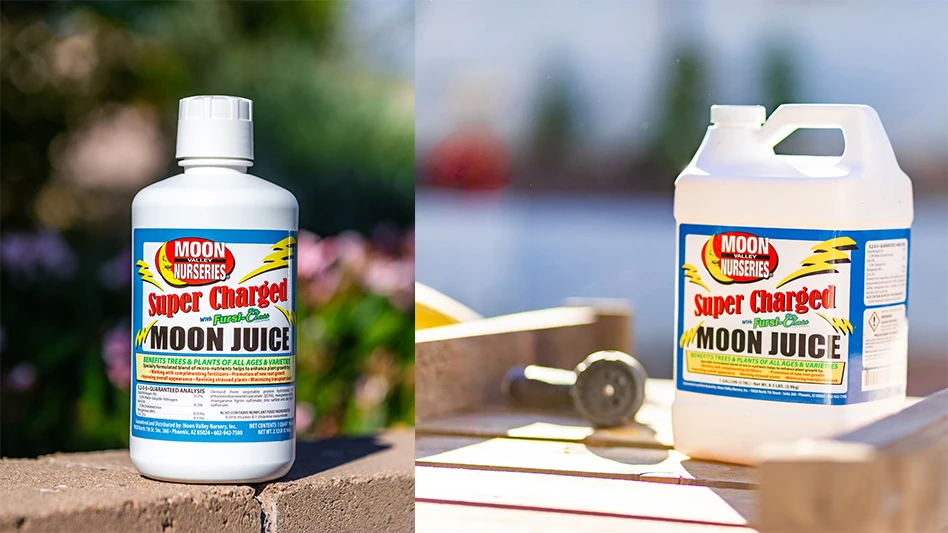
PHOTO COURTESY OF PRODUCE MARKETING ASSOCIATION
The Produce Marketing Association held its 2017 Fresh Summit Convention & Expo in New Orleans this past October. At the event, PMA CEO Cathy Burns gave her State of the Industry address, in which she spoke about news and trends that span the produce and horticulture industries. Part of her address focused on several consumer-facing companies and technologies. Here are some of them:
- In 2016, smart appliances, including ovens and lunchboxes, were all the rage. In fall 2017, Panasonic released a small refrigerator prototype that responds and moves when you call it, and comes equipped with a Roomba-like detection sensor.
- Wholesome Wave, a nonprofit that provides “prescription” fruits and vegetables to consumers, broadened its reach. “With 700 locations across 46 states, Wholesome Wave has analyzed its partners’ data and found that with just a small increase in fruit and vegetable consumption, roughly 48 percent of the participants reduced their body mass index,” Burns said.
- Companies such as Helix and Habit are using human DNA to improve consumer health. “Our own report found that although consumers’ desire to know their genetic code that connects to diet and lifestyle is still in the very early trends, there’s actually a strong interest among consumers, marketers and the scientific community when it comes to DNA profiling,” Burns said.
- Another company operating in the DNA space, albeit focused more on leisure, is Vinome, a wine recommendation service that tests consumer DNA and ships vino to them based on the test results.
- Italian grocery store chain Coop Italia has adopted technology that brings up detailed product information when consumers move their hands over the product.
- Chowbotics introduced Sally The Salad Robot, a quasi-vending machine that makes salad using an array of ingredients — and faster than a human can. “Humans are still needed to prep the ingredients that actually go into the robot’s cannister, which has the ability to make more than 1,000 salads, created from Sally,” Burns said.
- Lastly, UNICEF developed the Kid Power Band, which converts the steps children take into food donations for hungry children. “So far, more than 5 million packets of food have been donated to more than 30,000 severely malnourished kids,” Burns said.

Explore the March 2018 Issue
Check out more from this issue and find your next story to read.
Latest from Garden Center
- Society of American Florists accepting entries for 2025 Marketer of the Year Contest
- Sustainabloom launches Wholesale Nickel Program to support floriculture sustainability
- American Horticultural Society welcomes five new board members
- Color Orchids acquires Floricultura Pacific, becoming largest orchid supplier in U.S.
- American Floral Endowment establishes Demaree Family Floriculture Advancement Fund
- University of Florida researchers are securing the future of floral fragrance using caladium
- The Growth Industry Episode 3: Across the Pond with Neville Stein
- Proven Winners offers Certified Garden Center Training for staff education






